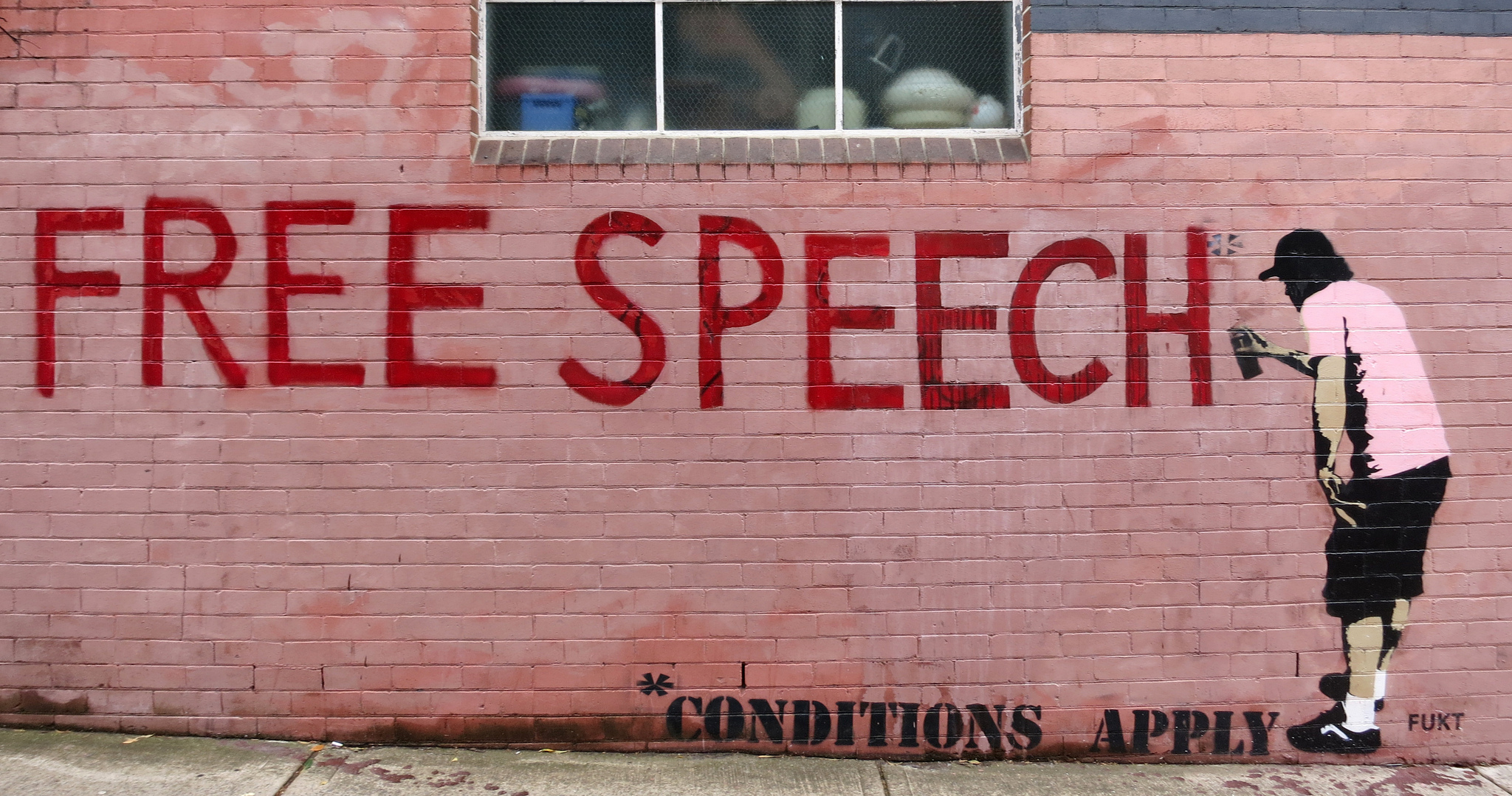Canada, is the land of maple syrup, polite apologies, and famously frigid winters. But lately, it seems like the chill isn’t just in the air—it’s in the realm of free speech. Is free speech in Canada facing frosty times? Let’s dive into the swirling snowstorm of challenges and controversies.
First off, hate speech laws. Canada has them, and they’re no joke. While they aim to protect vulnerable groups, some argue they’ve become the hall monitors of expression, ready to slap a detention slip on any unpopular opinion.
Then there’s the cancel culture phenomenon. In the era of social media, one wrong tweet can send you sliding down the icy slope of public opinion, crashing into a snowbank of consequences. It’s like a game of “Don’t Slip on Your Own Words” with high stakes.
But wait, there’s more! Online content regulation, the proposed Online Hate Bill, and the ongoing debate about where the line between free speech and harm should be drawn. It’s a veritable blizzard of controversies. More on this below. Keep reading.
So, is free speech in Canada really skating on thin ice? Well, that depends on who you ask. Some say it’s a necessary evolution to protect marginalized voices, while others see it as a slippery slope toward stifling dissent.
The state of free speech in Canada has been a topic of debate and concern in recent years. While it might be an overstatement to declare it “dead,” there have been significant challenges and controversies that have raised questions about the extent to which free speech is upheld in the country.
One of the main areas of concern revolves around hate speech and the balance between protecting free speech and preventing the spread of harmful or discriminatory ideas. Canada has laws in place that prohibit hate speech, which can be seen as a measure to protect marginalized communities from harm. However, these laws have also been criticized for potentially stifling legitimate speech and opinions. The line between what constitutes hate speech and what is considered legitimate expression is often a matter of interpretation, leading to debates about where the boundaries should be drawn.
Another issue that has raised concerns about free speech is the concept of “cancel culture” or online mob justice. In recent years, there have been instances where individuals have faced severe backlash and consequences, including losing their jobs, for expressing unpopular or controversial opinions. Some argue that this creates a chilling effect on free speech, as people may be hesitant to express their views out of fear of backlash.
Furthermore, the regulation of social media and online platforms has become a contentious issue. Canada has been exploring ways to regulate online content, particularly with the proposed Online Hate Bill, which seeks to address hate speech on the internet. While the intention behind such regulation is to combat hate speech and harmful content, there are concerns about potential overreach and censorship.
It’s important to note that free speech is not an absolute right in Canada or most other democratic countries. There are reasonable limits imposed to prevent harm or the incitement of violence. However, the debate continues over where these limits should be set and whether they are being applied fairly and consistently.
In conclusion, while it may be an exaggeration to declare free speech “dead” in Canada, it is undeniable that there are significant challenges and controversies surrounding its scope and limits. The balance between protecting marginalized communities and upholding the principles of free speech is a complex and ongoing discussion in Canadian society. It remains crucial for Canadians to engage in open and respectful dialogue to find a balance that respects both free expression and the need to protect against harm and discrimination.










